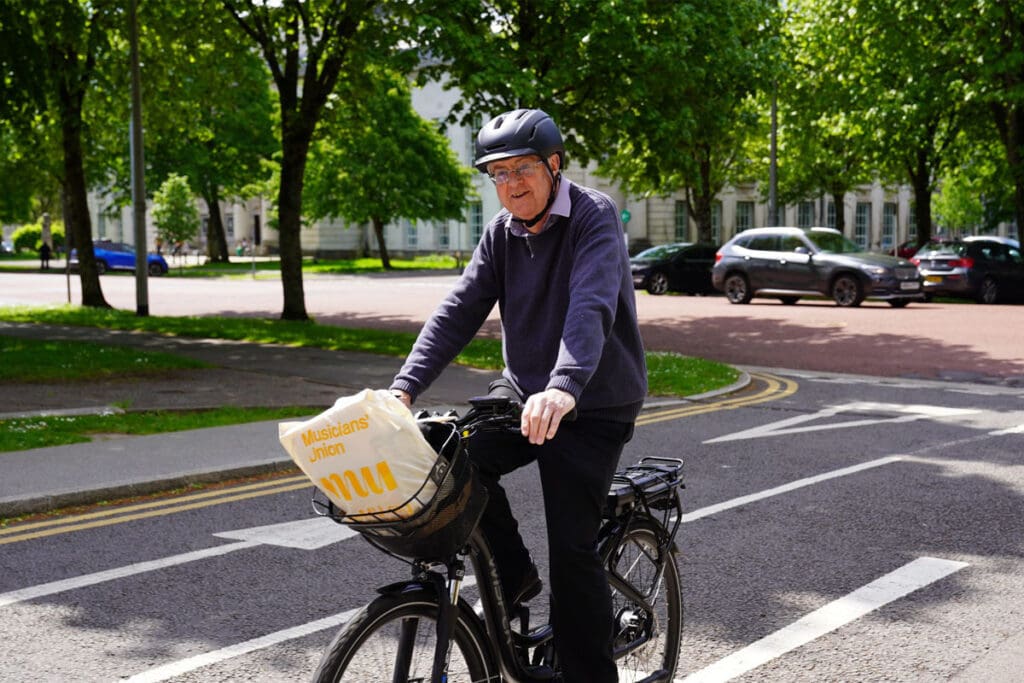World Briefs: Wales Leads Shift to 20mph, Europe Bike Industry Rallies Against Removal of Chinese Import Controls, £60 million UK Schools Boost

Wales last month became the first UK nation to introduce a default 20mph (32.2kmh) speed limit on most residential roads across the country.
The Welsh Government says change is expected to save up to 100 lives and 20,000 casualties in the first decade and will help to create communities where children feel safe to play freely.
It predicts the £32.5m (A$62.55m) cost to rollout the new nationwide speed limit will be outweighed by reduced impact on the NHS and emergency services, which one study estimates could save £92m (A$177.1m) a year.
The nation’s Deputy Minister for Climate Change, Lee Waters, who is also responsible for transport, pointed to evidence that showed a vehicle travelling at 30mph will still be travelling at 24mph in the time it would take a car travelling 20mph to stop.
The UN has called for 20mph or 30kmh speed limits to be the norm for cities, towns and villages worldwide.
LEVA Forum Addresses Removal of Chinese Import Controls
Europe’s light electric vehicle trade association, LEVA-EU, will conduct an industry meeting in Brussells on 16th November to address the European Union’s lifting of measures to protect Europe industry from Chinese e-bike imports.
LEVA claims the phasing out of the controls has led to a variety of practices that are impacting severely on European companies, including circumvention of dumping controls and excessive delays in parts deliveries.
It says the nett result is “it’s virtually impossible to start-up a new e-bike business in Europe”.
The November forum is intended to systematically raise the issues with the European Commission and the European Anti-Fraud Office (OLAF).
Boost for UK Walk and Ride to School
Up to two million more children will have access to walk to school programs and cycle training programs over the next two years, courtesy of a £60 million (A$115.46m) investment by Active Travel England to encourage English students to walk or ride safely to school.
The funding, announced late last month, will include £50 million to expand the Bikeability program that has trained more than four million young people since 2007.
